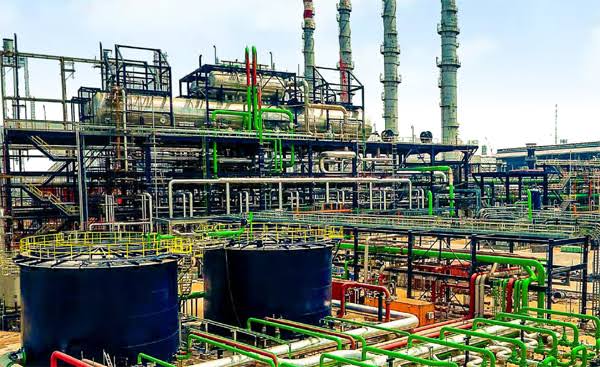The story of the Dangote Refinery is not just about oil and petrochemicals — it is about the triumph of private initiative over decades of government inertia. At its core, this project highlights how entrepreneurship, vision, and risk-taking can succeed where public institutions have consistently failed.
Economist Joseph Schumpeter once described entrepreneurs as “agents of change” — those who revolutionize production and uncover new possibilities. History has proven him right. From Bill Gates’ digital revolution to Elon Musk’s futuristic ventures, innovation has always sprung from individuals bold enough to challenge convention. Africa’s own Aliko Dangote now carries that torch, showing that private enterprise can reshape economies and societies.
From Cement to Fuel Independence
Dangote’s entrepreneurial footprint is vast: transforming Nigeria from a cement importer to a self-sufficient producer in under two decades, pioneering fertiliser self-sufficiency, and now building Africa’s largest oil refinery — a $20 billion facility sprawling across 2,635 hectares in Lekki, Lagos.
The refinery’s numbers are staggering:
-
650,000 barrels per day processing capacity — the largest single-train refinery in the world.
-
1,100km pipeline infrastructure, the longest globally.
-
435MW power plant, capable of powering states in southwestern Nigeria.
-
$21 billion annual crude market potential for Nigeria.
For the first time in its history, Nigeria now produces aviation fuel locally — something state-owned refineries failed to achieve in nearly fifty years.
Private Enterprise vs. State Control
The contrast could not be clearer. While Nigeria’s four government-run refineries sit idle, Dangote’s facility has single-handedly placed the nation within reach of fuel sufficiency. This success underscores a lesson governments often ignore: the private sector has the capital discipline, managerial expertise, and entrepreneurial drive to deliver results at scale.
Even Nigeria’s ongoing economic reforms — including subsidy removal and currency liberalisation — would have been far more painful without the cushion of locally refined fuel. Without Dangote’s refinery, Nigerians would have faced even higher fuel costs, sharper currency depreciation, and potentially destabilising unrest.
A Call for Bold Privatization
Nigeria is not short of examples proving the effectiveness of privatisation. Across the power sector, business leaders such as Tony Elumelu and Femi Otedola have turned around assets once crippled under government control. Internationally, Britain’s economic resurgence under Margaret Thatcher and China’s embrace of private enterprise stand as clear models.
The global economy is becoming more complex — from the shift toward clean energy and decarbonisation to the rise of artificial intelligence. These changes demand agility and innovation, qualities that thrive in private hands but wither under bureaucracy.
If Nigeria is to build a $1 trillion economy, it must embrace sweeping privatisation, reduce government interference in industries, and empower entrepreneurs to drive growth, create jobs, and lift millions out of poverty.
The Dangote Refinery is more than a business success story — it is a powerful case study in how private vision, not government control, can transform nations.

